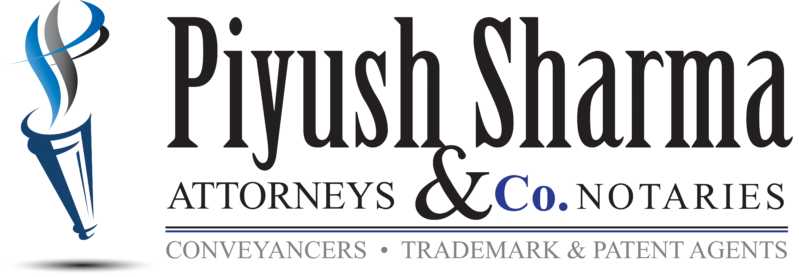Briefing Note: Botswana’s Labour Law Reform – Strategic Implications for Employers and Investors
Overview
The Employment and Labour Relations Bill No. 10 of 2025 marks a comprehensive overhaul of Botswana’s labour framework. Consolidating the Employment Act [Cap 47:01], Trade Union and Employers’ Organisation Act [Cap 48:01], and Trade Disputes Act [Cap 48:02], the Bill introduces progressive standards for employee welfare, dispute resolution, and collective bargaining.
Key Changes and Strategic Considerations
1. Employee Leave Entitlements
• Maternity Leave: Increased to 14 weeks (from 12).
• Paternity Leave: Introduced—5 days.
• Adoption Leave: Introduced—10 weeks.
• Family Responsibility Leave: 4 days annually.
• Sick Leave: Unpaid sick leave increased to 20 days; hospitalisation leave added.
Implication: Employers must revise internal HR policies and payroll systems to reflect expanded leave categories and durations.
2. Termination and Job Security
• Fair Reason & Procedure: Mandatory for all dismissals.
• Fixed-Term Contracts: Non-renewal may constitute dismissal if renewal was expected.
• Union Activity Protection: Employees cannot be dismissed for participating in union activities—even if the union is not formally recognized.
Implication: Legal teams should reassess contract templates and termination protocols to mitigate risk of unfair dismissal claims.
3. Trade Union Recognition & Collective Bargaining
• Organisational Rights: No longer contingent on formal recognition.
• Recognition Agreements: Introduced to formalize collective bargaining.
• Right to Bargain: Codified as a statutory right.
Implication: Employers must prepare for increased union engagement and develop negotiation strategies aligned with recognition agreements.
4. Dispute Resolution Mechanism
• Mediation and Arbitration Commission: Newly established independent body.
• Choice of Forum: Referring party decides between arbitration or Industrial Court.
Implication: Legal advisors should guide clients on forum selection strategy and prepare for faster, more flexible resolution pathways.
Strategic Recommendations
• Compliance Audit: Conduct a full review of employment contracts, HR policies, and disciplinary procedures.
• Stakeholder Training: Equip HR and management teams with updated knowledge on legal obligations and dispute handling.
• Union Engagement Protocols: Develop proactive frameworks for union interaction, recognition, and collective bargaining.
• Investor Briefings: Update investment risk matrices to reflect labour-related compliance and reputational considerations.


